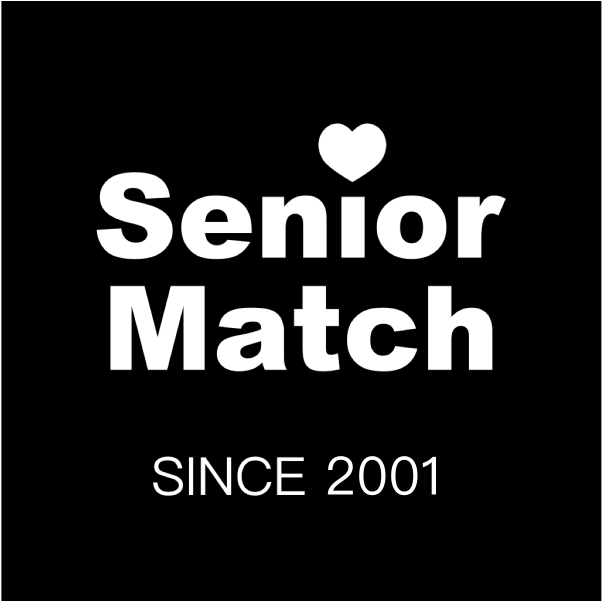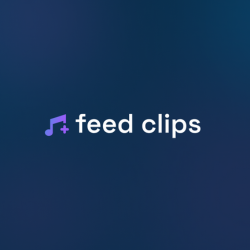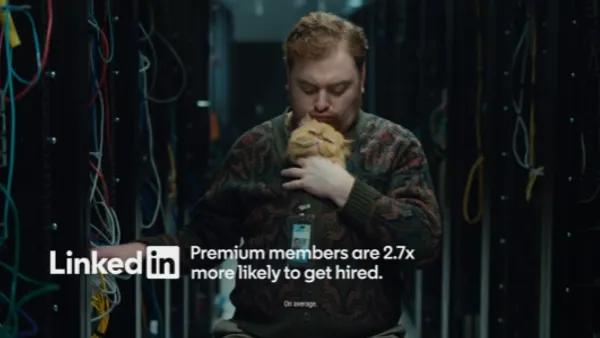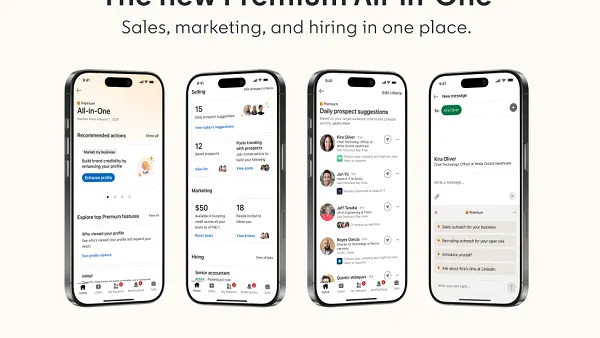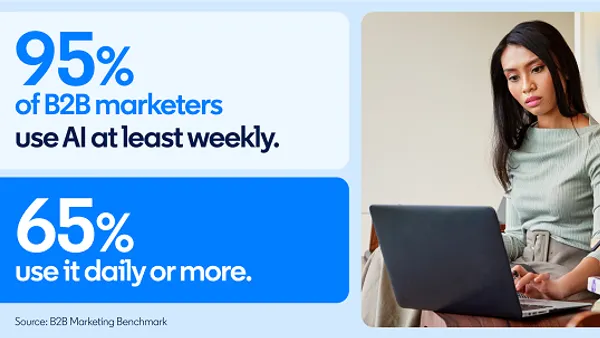LinkedIn’s adding yet another game to its collection of in-app puzzle challenges, with “Mini Sudoku” being the latest addition to its games slate.
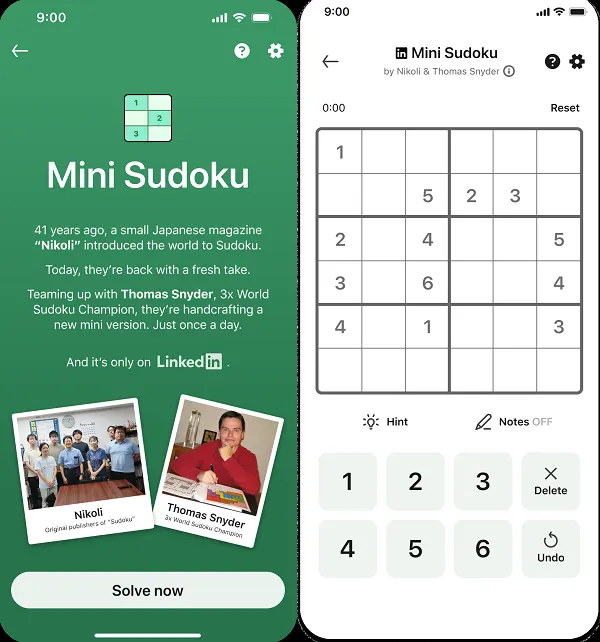
As you can see in these screens, LinkedIn’s new Sudoku challenge will add another opportunity to compete with colleagues and companies for intellectual supremacy, via puzzle games that enable you to match wits with other LinkedIn members.
LinkedIn’s Mini Sudoku is a variant of the original Sudoku game, and was developed in partnership with 3x World Sudoku Champion Thomas Snyder, whom LinkedIn also describes as a LinkedIn Puzzle Master. Whatever that means.
Like LinkedIn’s other puzzle games, Mini Sudoku will offer daily challenges, and will showcase highlights of your in-game achievements.
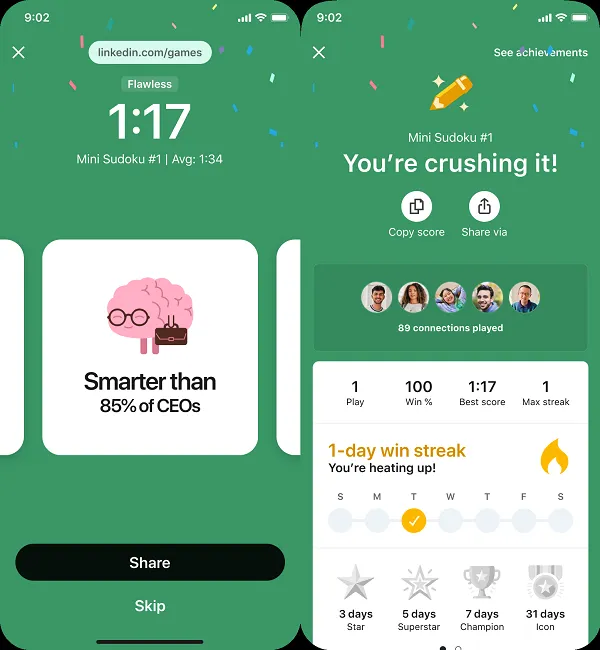
LinkedIn’s games are designed for quick, compulsive, return gameplay, and thus far, the LinkedIn team has seemingly succeeded in this respect.
LinkedIn says that 86% of its members who play its puzzle games return to try again the next day, with 82% still playing a week later.
That’s actually up slightly from when LinkedIn last reported this stat, which shows that, at least from a compulsion standpoint, LinkedIn’s games are driving engagement benefits.
On another note, LinkedIn also says that Gen Z are the biggest game players. Which, given the way in which gaming culture is embedded among younger audiences, makes a lot of sense.
Though what LinkedIn hasn’t shared is how many members, exactly, are playing its games each day.
Back in March, when LinkedIn added its last game (called Zip), it reported that “millions of professionals” are playing its in-stream games daily, of which there are now six in total.
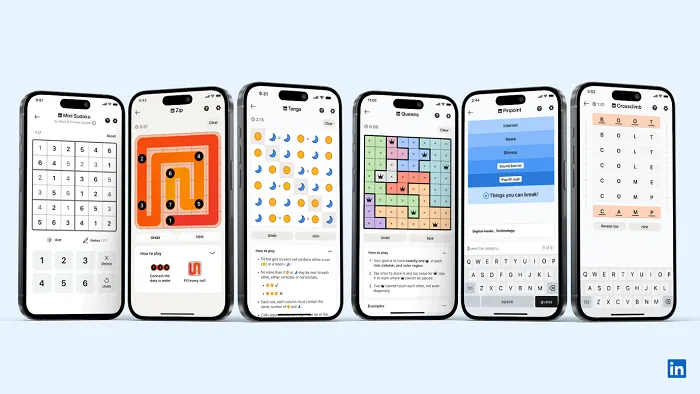
But as is typical of LinkedIn, it’s kept its actual data notes pretty vague, which makes it difficult to ascertain exactly how beneficial games have been for overall LinkedIn engagement.
Because at LinkedIn’s scale, now with 1.2 billion members, “millions” could be a significant percentage, or not much at all. So while LinkedIn’s reporting that people who do play games are regularly coming back to them, we don’t have much insight into the actual popularity that these games have seen, on an overall user basis.
In any event, LinkedIn’s clearly happy with their performance and the engagement benefits that it’s generating from its in-app puzzlers.
And with the platform continuing to report “record levels” of engagement quarter over quarter, maybe games do fit on the professional social network.





